The global capitalist network is free to move its productive activities between countries and regions in search of profit, but its workers have families and responsibilities and cannot move. The new capitalism has disconnected from or allied with the unions which used to represent the workers. Finding solidarity will require creativity.
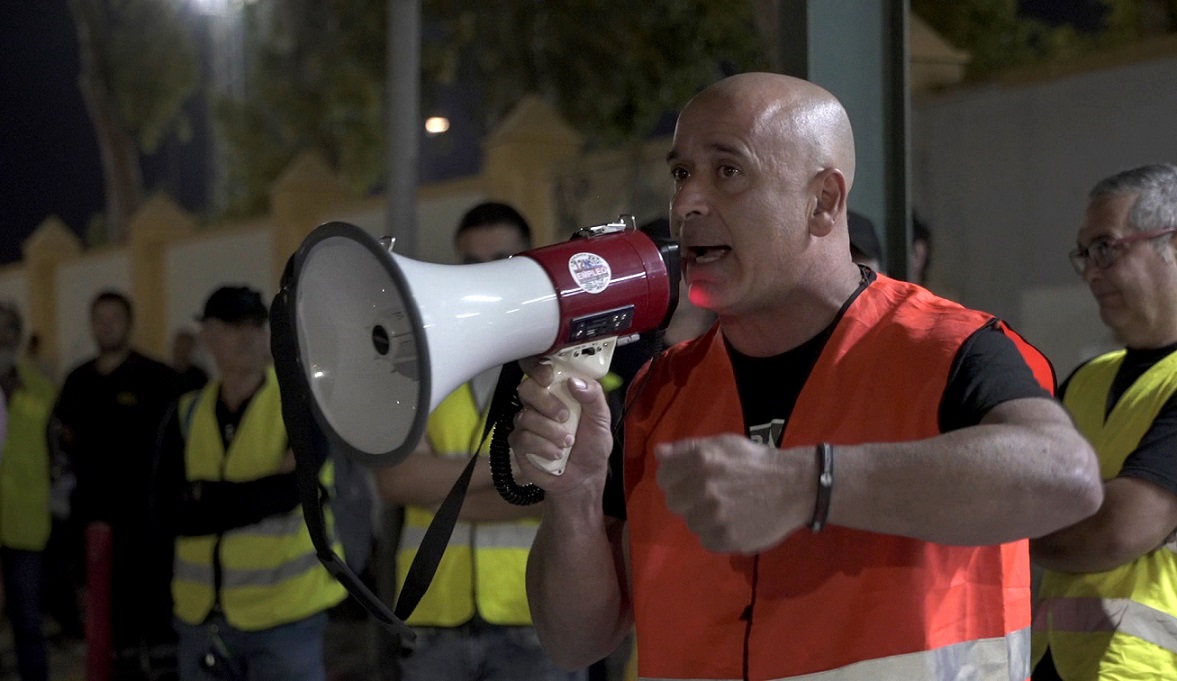 Graham Douglas
Graham Douglas
Globalisation, outsourcing, sub-contracting and zero-hours contracts are the keywords of the new industrial age. The impact of the last two is especially severe on workers in service industries, as we saw in Coline Grando’s interview last week. Manufacturing and other heavy industries are hit by globalisation of ownership and outsourcing, and the film “Perplexed ants” follows the progress of disputes in Spain at the Airbus factory in Puerta Real, Cadiz (headquartered in Amsterdam), and in the Cadiz shipyard of Navantia. Both company websites highlight their corporate responsibility towards employees, but the strikes uncovered the exploitative capitalist ethic behind their functioning when conflict arose.
Ants are highly organized insects, but when the big trade unions don’t support their members, solidarity disappears and the workers become perplexed, ‘atomized’, at the mercy of the forces of late capitalism. There were also questions of conflict between different unions, and in the circumstances the workers, especially the women were very courageous to continue the struggle.
 Unlike service industries, manufacturing does not lend itself to employee self-management or cooperatives, and the way forward is not clear. As Mercedes says: “We will have to be very imaginative to defend ourselves against the implacable dynamic of capitalism”.
Unlike service industries, manufacturing does not lend itself to employee self-management or cooperatives, and the way forward is not clear. As Mercedes says: “We will have to be very imaginative to defend ourselves against the implacable dynamic of capitalism”.
I met her after her film was shown at DocLisboa. and she spoke to The Prisma about aspects of the workers’ situation, their struggles and about “Perplexed ants” .
Three of your films were set in Latin America and deal with questions of social and gender inequality and the influence of the US. Is that a fair description and how does “Perplexed ants” fit it?
I would say that it is a very broad description, and I don’t see myself reflected there. All my films deal with topics that I consider relevant and about which I try, aspire to represent, which presumes taking a polyhedric perspective on the world I live in. I am not very interested in exposing inequalities, because there are already plenty of people doing that very well. I am interested in people who are my contemporaries, and in those who I see and can portray; the social processes that affect them. This is also the case with Perplexed Ants. If the US appears in two of my films, it is because I am half-Nicaraguan and that country breaks into the history of mine.
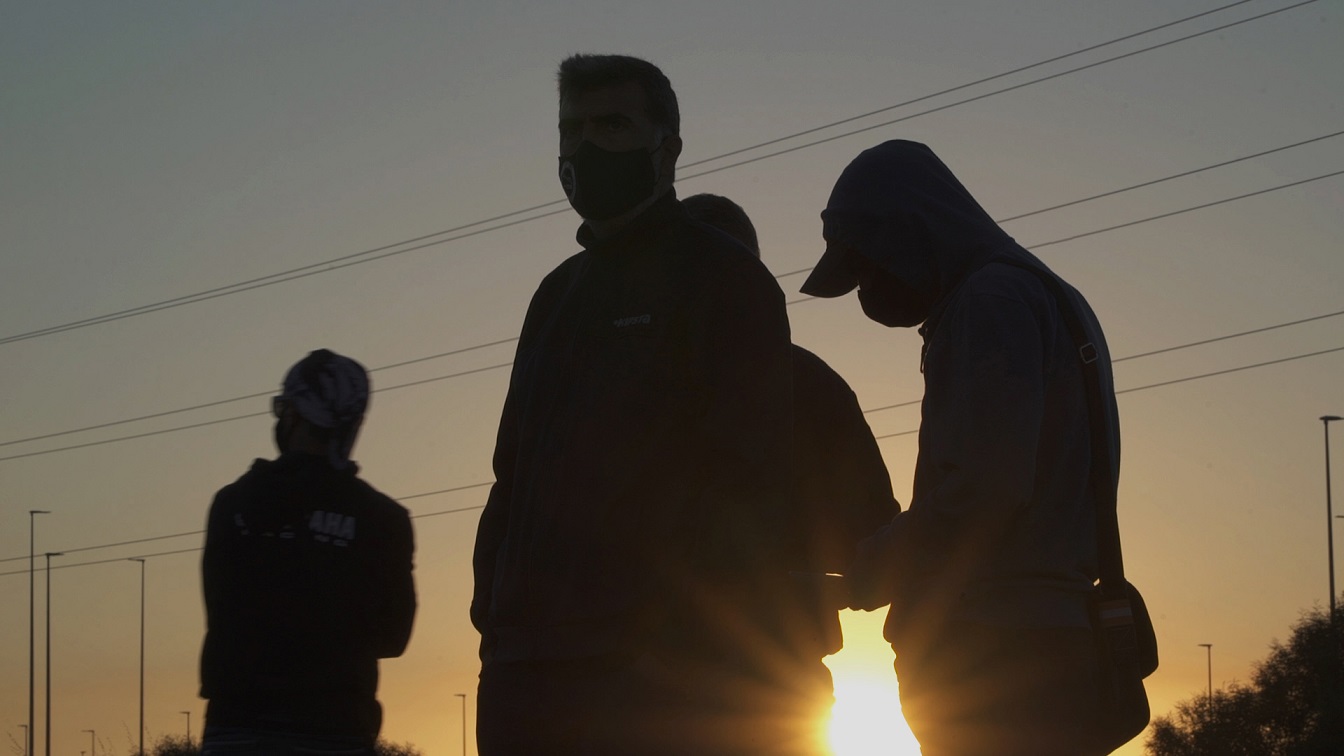 “At the mercy of mysterious forces”. The forces are those of capitalist exploitation, so were you focusing on how they are perceived by the workers?
“At the mercy of mysterious forces”. The forces are those of capitalist exploitation, so were you focusing on how they are perceived by the workers?
The mysterious forces that are mentioned in the quotation from Manuel Vicent are gigantic forces, like those of the Greek gods that affect human beings and the small lives of mortals. In my film they are enormous structural changes hauled along by the end of one industrial era and the convulsive movement to another. This is dramatically globally influencing and transforming the modes of production, while workers feel this phenomenon in their daily lives in more personal and intimate ways: precarious work, loss of rights, uncertainty and disturbance.
Were the Unions too weak or were they complicit with the owners?
In this particular case, in my view, both the CCOO and the UGT played a role of ‘neutral’ unions that made things easier for the companies to the detriment of the workers’ demands.
How important were women in the organizing?
In the case of Airbus, they were fundamental, they are a group of women with very different ideas that are united by solidarity and caring foreach other.
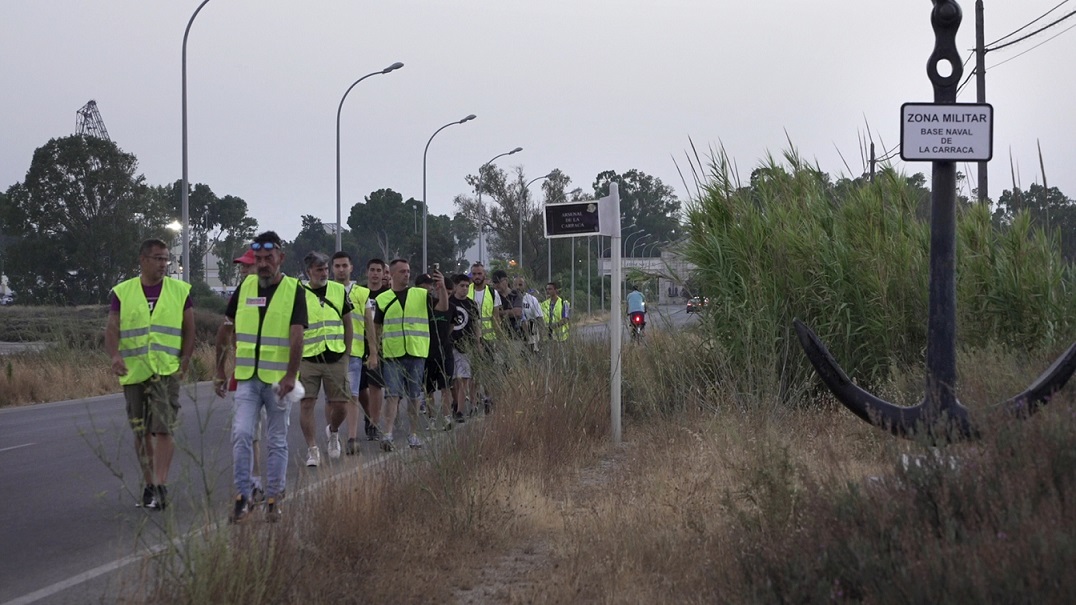 In fact, they were an important force in the protests for the defence of the factory.
In fact, they were an important force in the protests for the defence of the factory.
In the case of the shipyards the women workers were the weakest link. They are female cleaners living very precarious lives, who are under a lot of pressure from the company to keep quiet and say nothing.
That they were involved at all was very courageous.
Sub-contracting agencies seem like a new level of mobile capitalism extracting surplus value from the workers. Are the unions able to deal with this situation?
I don’t know. What I do believe is that the tools of resistance that developed at the beginning of the second industrial revolution are no longer very effective. We will have to be very imaginative if we want to defend ourselves against the implacable dynamic of capitalism.
Did the public become more sympathetic when the strikers went from Cadiz to Madrid?
It was a symbolic action, but it didn’t mean much. The decisions on the future of the company were taken in Amsterdam. Those who could stop this and call for the intervention of the State (Airbus is partially owned by Spain) were the big unions. They didn’t do anything and actually gave carte blanche to the company.
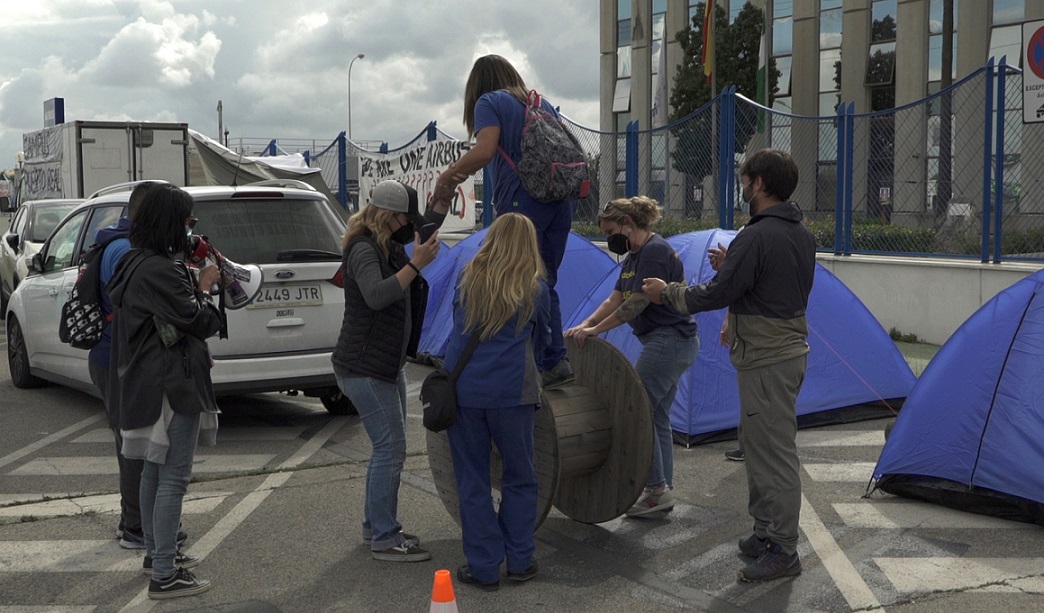 A woman in the Navantia yard says “Don’t attack my collective”. Was disunity among the workers a problem there and in the Airbus case?
A woman in the Navantia yard says “Don’t attack my collective”. Was disunity among the workers a problem there and in the Airbus case?
Not especially. That scene in the film doesn’t portray disunity so much as a very high level of stress. Each one of these people has a great deal to lose, and they were under a lot of pressure. But in the case of Airbus the workers were extremely disunited due to the role played by the big unions.
Why is there such a lack of class awareness and a feeling of hopelessness?
I don’t know, but I am not without hope. I believe that we find ourselves living through a very special historical period, of deep and extremely wide-ranging transformations. It’s very difficult for the young generations and for those who are becoming less and less important for making the machinery of production work. Difficult but not hopeless. There are people resisting, and those who are making marvellous and extraordinary commitments of their time and what they are involved in. That gives me hope.
Is more EU-wide organizing necessary?
I think there is a lack of vision and solidarity. Real commitment with the people around you and community networks of care and protection. Because the most striking feature of the contemporary mode of production is the way that it atomizes people, dragging us towards otherness and leaving us alone. Obviously, this all requires ‘organization’, but nevertheless I don’t believe that organization without caring communities can be very transformational.
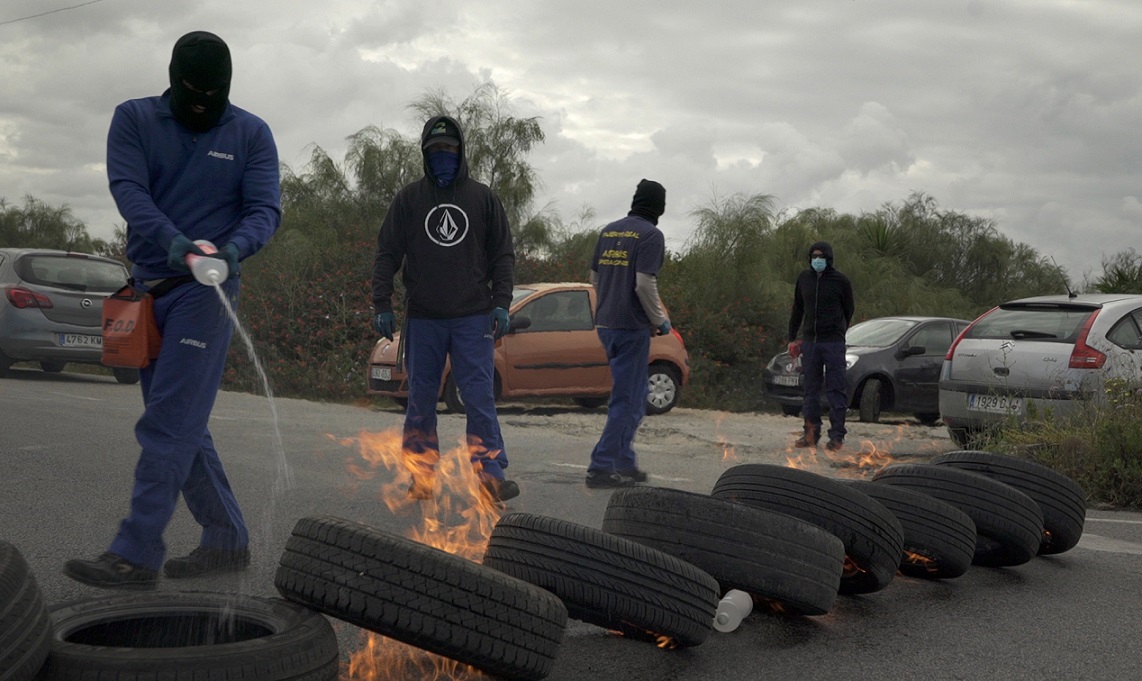 Everyone involved in making my film belonged to a caring community. This is the root of its strength, and for that reason a communal defeat is not a real defeat for them. What matters to them is the life of those around them, and how the ‘threatening forces’ impact on them. They are aware of the difficulties that the people they call upon face, and they take care of them.
Everyone involved in making my film belonged to a caring community. This is the root of its strength, and for that reason a communal defeat is not a real defeat for them. What matters to them is the life of those around them, and how the ‘threatening forces’ impact on them. They are aware of the difficulties that the people they call upon face, and they take care of them.
(Photos: Director of photography Agustín Hurtado. Images courtesy of the production company Antonia Films. )












.jpg)












